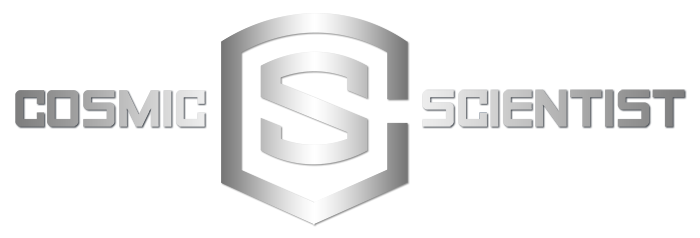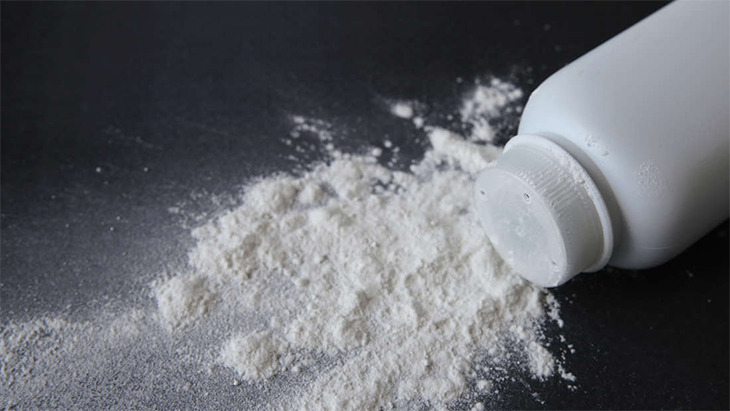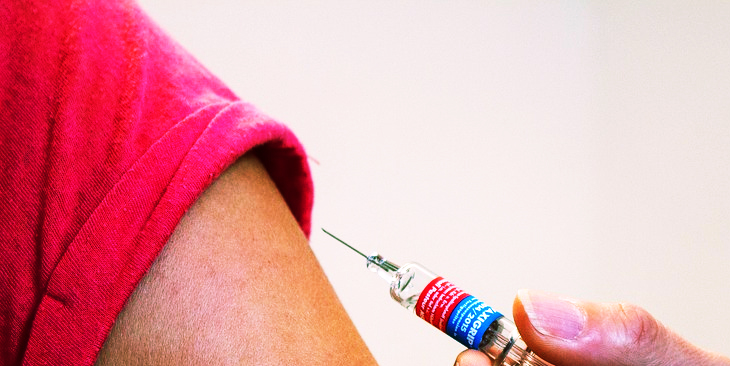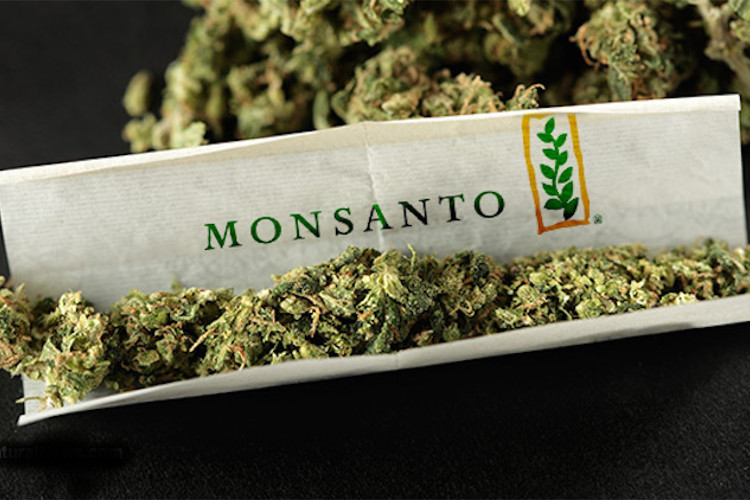By: Rosie McCall/IFL Science Johnson and Johnson has been ordered to shell out $417 million after a court case ruled in favor of California resident, Eva Echeverria. Echeverria has been diagnosed with ovarian cancer and claims it’s the result of her decades-long use of J and J’s baby powder.
The jury ruled nine to three against J and J. They said the pharmaceutical company failed to properly warn consumers that using their baby powder, which contains talcum powder, could increase the risk of cancer.
“There’s a problem all over the country with women using talcum powder on a daily basis for 10, 20, 30, 40 years,” Mark Robinson, Echeverria’s lawyer, told Bloomberg.
But does talcum powder – a product that is probably sitting in your bathroom cabinet right now – really cause ovarian cancer?

Does the talc in baby powder really cause ovarian cancer? Raihana Asral/Shutterstock
Well, the science is inconclusive. Some studies have found a small to moderate increase in cancer risk, but these studies tend to rely on women self-reporting. This can be pretty unreliable because of hindsight bias, which might encourage some people to attribute more significance to something (say, their use of talcum powder) after an issue has been raised, but not before.
“While on the whole studies have seen a modest increase in the risk of ovarian cancer in women who use talc on their genitals, the evidence isn’t completely clear,” says Cancer Research UK.
To get around the hindsight bias, researchers could track a group of healthy women over a number of years to find out if those that used talcum powder were more likely to develop ovarian cancer. According to Cancer Research UK, only one study has used this method to try and determine if there is a link between the two. But they found no link at all.
“For any individual woman, if there is an increased risk, the overall increase is likely to very be small,” says the American Cancer Society.
There is one other thing to consider. Asbestos, a known cancer-causing agent, naturally forms in talcum powder. The products you buy from your local pharmacy today are completely asbestos-free, but Echeverria began using talcum powder in the 1960s, aged 11, when some talcum powder still contained asbestos before it was banned in the ’70s.
Yes, it’s a tenuous link but the US Centers for Disease Prevention (CDC) warns there is enough evidence to show there is an increased risk of ovarian cancer in women exposed to asbestos.
As for Johnson and Johnson, who have over 5,000 cases against them in the pipeline, they plan to appeal.
“We are guided by the science, which supports the safety of Johnson’s Baby Powder,” a spokesperson told Bloomberg. “We are preparing for additional trials in the US, and we will continue to defend the safety of Johnson’s Baby Powder.”




